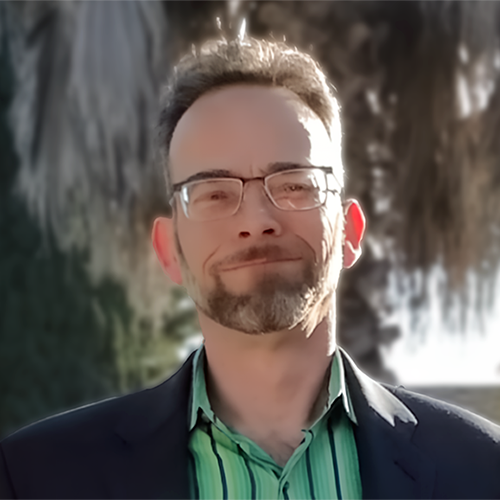Ben Cornelius: Scaling Globally Isn't a Marketing Problem. It's a Systems Problem.

In today's hyperconnected economy, digital companies can launch anywhere. But scaling successfully into global markets requires far more than translation and a marketing push. For software-as-a-service (SaaS) providers and mid-market firms, global business expansion hinges on the infrastructure behind language, culture, and operations.
"Everyone wants more customers, more revenue, more reach," says Ben Cornelius, a global business strategist and CEO of Cornelius Communications. "But very few understand the work it takes behind the scenes to actually get there."
With over 30 years of experience leading international operations and localization strategy at firms like PayPal, Adobe, and VMware, Cornelius now advises businesses on how to implement scalable globalization models and multilingual content systems that support real growth across borders.
The global SaaS market is projected to exceed $1 trillion by 2030, with a significant portion coming from emerging markets and cross-border growth. Yet many companies still treat localization as an afterthought. According to CSA Research, 76 percent of online consumers prefer to buy in their native language. Despite this, only a fraction of digital platforms fully localize their product experience, creating friction that undermines customer acquisition and retention.
"Most of the time, companies approach international expansion as a marketing challenge," says Cornelius. "But it's not. It's a systems challenge. It's an infrastructure challenge." This is particularly true for high-growth SaaS companies. Lacking dedicated localization teams or international go-to-market frameworks, they often rely on auto-translation or siloed efforts that miss critical legal, cultural, or UX details.
Cornelius helps companies build what he calls invisible infrastructure. This is the operational backbone that enables consistent user experiences across multiple languages and geographies. It includes scalable localization workflows, multilingual content delivery pipelines, and process alignment across global teams.
While serving as Director of Operations and Chief of Staff at PayPal, Cornelius oversaw localization and international product quality in over 300 markets. "We had to make sure every payment interaction, every support message, every interface element worked in context," he says. "That's not just copywriting. That's architecture."
His firm, Cornelius Communications, now works with clients across North America, Europe, and Asia. Despite having no dedicated sales or marketing department, the consultancy thrives through referrals, thought leadership, and conference keynotes. "We don't do a lot of outbound," he says. "Most of our clients come through speaking engagements or reputation. That tells you how deep the need is. Companies are actively looking for someone who can build this foundation."
The rise of generative AI has transformed many business functions, and localization is no exception. LLM's like ChatGPT make it easier to generate multilingual content at scale. But Cornelius warns that quality, cultural fluency, and compliance still require human insight. "There's this assumption that AI can solve localization," he says. "But AI doesn't know your buyer. It doesn't know your regulatory environment. It doesn't understand the nuance in tone between Japan and Brazil."
To bridge this gap, Cornelius is developing multilingual communication agents that combine AI, machine learning, and process automation. These tools are designed to support global content transformation, including use in AR and VR environments, while maintaining accuracy and context.
Modern buyers, especially in international markets, increasingly expect vendors to demonstrate sustainability, ethical sourcing, and community impact. For Cornelius, these are not just values. They are strategic levers. In addition to consulting, his firm produces autonomous hydroponic growing tables. It is an unusual but purpose-driven product line that reinforces a commitment to sustainability. "It started as a marketing project and turned into a product line," he says. "It also helps tell a credibility story that aligns with ESG priorities."
These efforts have given his business a differentiated edge. Clients benefit from expert globalization support while partnering with a firm that models long-term value and operational transparency.
As digital transformation accelerates and AI reshapes industries, the companies that win globally will not be the loudest. They will be the most prepared. "International success isn't flashy," says Cornelius. "It's deliberate. It's operational. It's about doing the unglamorous work behind the scenes to make your product actually work for the people you're trying to reach."
For SaaS leaders, startup founders, and mid-market CEOs, the message is clear. If you want to grow globally, you need more than translation. You need a strategy built for localization, scale, and long-term success.
To explore how "invisible infrastructure" can transform your global expansion efforts, connect with Ben Cornelius and his team for expert insights and strategic guidance.
© Copyright IBTimes 2024. All rights reserved.





















